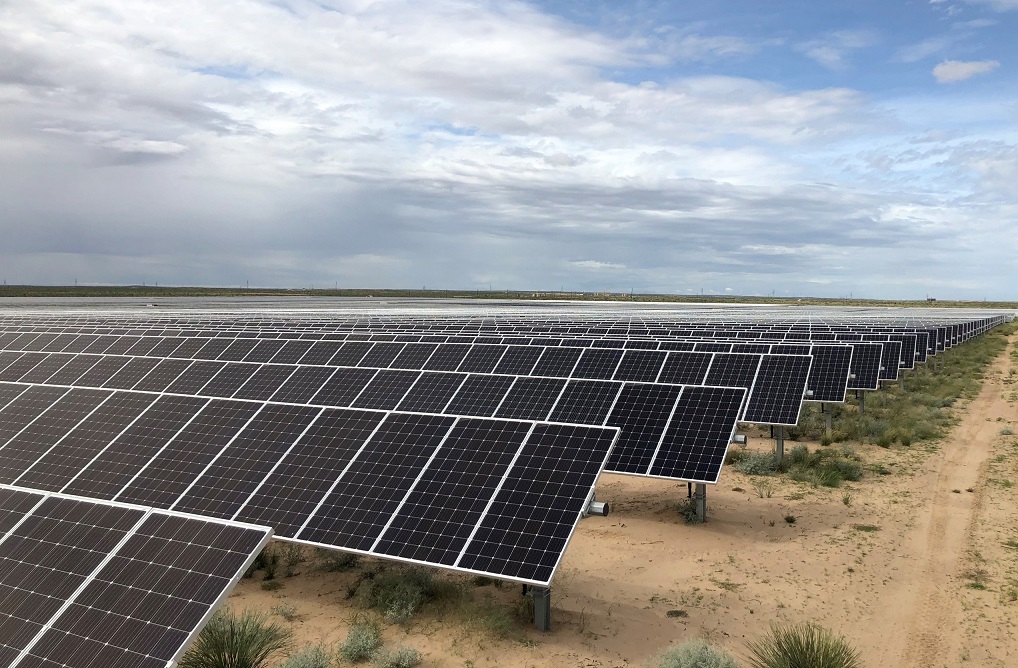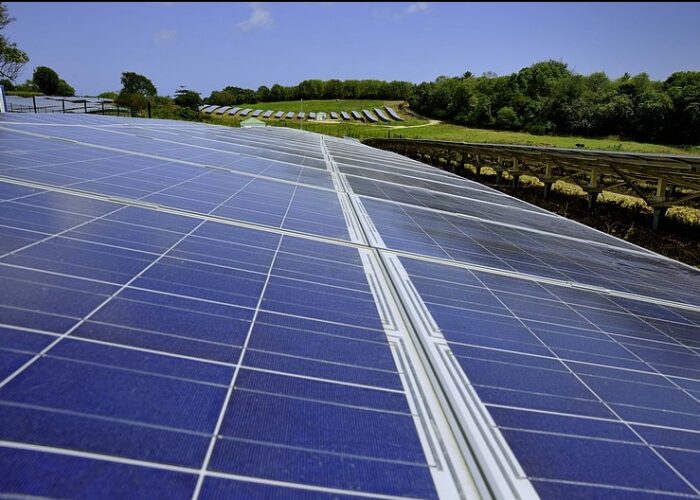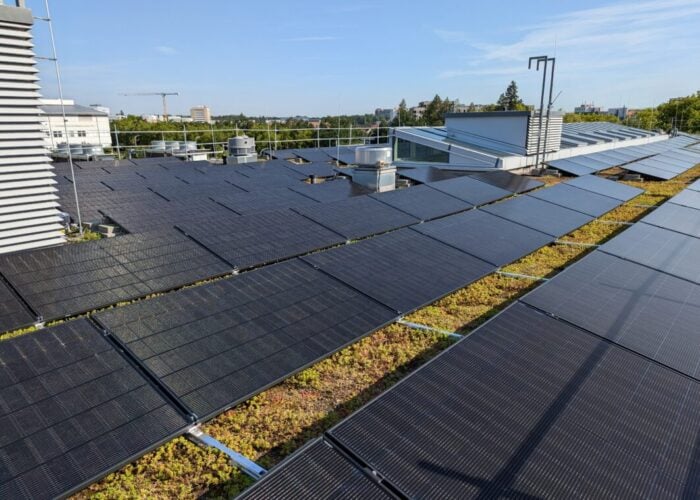
Germany’s new three-way coalition government of the SDP, Green and FDP parties have set guidelines for future energy policy in the country which include an expansion of planned renewable capacity and an accelerated phase out of coal power.
They have agreed to double Germany’s solar target to 200GW by 2030, increase the country’s renewables target to 80% of electricity demand by 2030, up from 65%, and bring forward the coal phase-out date from 2038 to 2030.
Unlock unlimited access for 12 whole months of distinctive global analysis
Photovoltaics International is now included.
- Regular insight and analysis of the industry’s biggest developments
- In-depth interviews with the industry’s leading figures
- Unlimited digital access to the PV Tech Power journal catalogue
- Unlimited digital access to the Photovoltaics International journal catalogue
- Access to more than 1,000 technical papers
- Discounts on Solar Media’s portfolio of events, in-person and virtual
Other objectives included in the guidelines are an increased investment in hydrogen, aiming for 10GW of electrolysis capacity by 2030, producing half of Germany’s heat supply through carbon neutral means by 2030 and ensuring stability of supply through some gas and coal provision while renewable capacity ramps up.
Party leaders presented the new targets yesterday after weeks of coalition negotiations in Berlin following the country’s election in September. The treaty needs to be ratified at the SDP and FDP party conferences, with the Greens requiring approval from all its members.
The figures are based on electricity demand rising to 680-750TWh/year in 2030.
Commenting on the new guidelines, German renewables company RWE’s CEO Markus Krebber, said: “Overall, this is an encouraging outcome. The coalition agreement can give the energy transition a considerable boost. Especially due to the fact that specific measures will be paired with the ambitious targets.”
“RWE expressly welcomes the fact that the coalition parties want the expansion targets for renewables to be considerably increased. It is also positive that a large number of very specific proposals have already been developed on how this is to be achieved,” the company said.
RWE said that clear timelines and specific proposals “create planning certainty” and that it will “make its contribution towards the success of the energy transition”.







